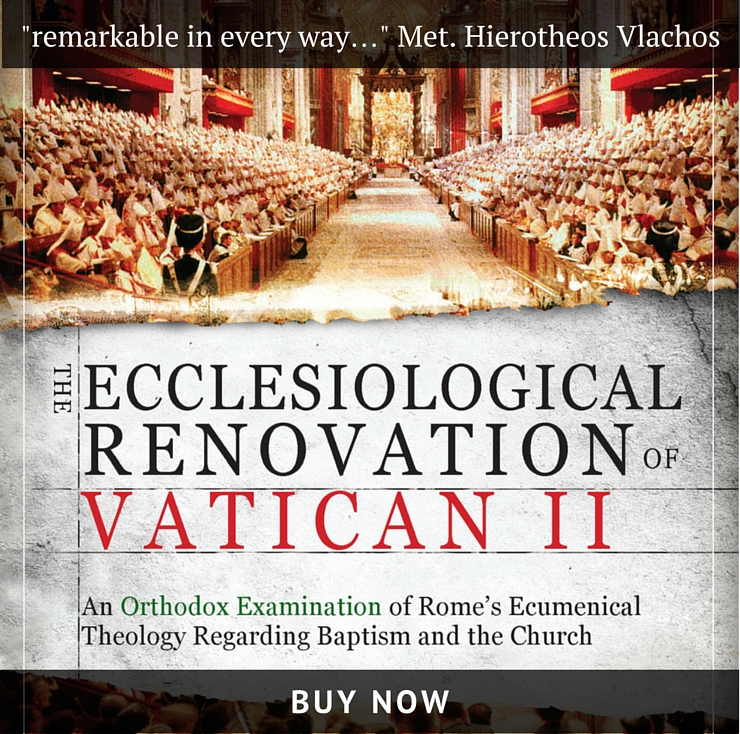Saint Alexis the Man of God Orthodox Church
Alexandria, Sydney, Australia
Saturday, March 30 (17), 2019
QUOTE FOR CONSIDERATION:
St. Symeon the New Theologian on the Presuppositions to Participation in the Holy Mysteries:
"Through repentance the filth of our foul actions is washed away. AFTER THIS, we participate in the Holy Spirit, not automatically, but **according to the faith, humility and inner disposition of the repentance** in which our soul is engaged. For this reason, it is good to REPENT EACH DAY as the act of repentance is unending."
- Saint Simeon the New Theologian
EXCERPTS FROM THE LECTURE:
“The S T A N C E of the priest must be akin to Christ’s - that is, witnessing to Truth in Love and total freedom. His role is to present the Truth and let them FREELY decide. He is to be a mystagogue and this presupposes discipleship. The priest cannot “magically” “put people into the kingdom” through the mysteries.”
AND:
“Catechism means making disciples in DOGMA and ETHOS. It is purification and not simply learning ABOUT Christ. Purification involves not only overturning and changing outward customs, habits, ideas, or putting away idol worshipping ways (including: sexual impurity and unnatural acts, worship of sports, the tyranny of fashion, self-love and narcissism, etc.). Catechism is, more importantly, the beginning the Prayer of Jesus, the constant remembrance of God, which brings with it internal cleansing and illumination.”
AND:
““The presuppositions of the reception of converts by oikonomia (i.e. chrismation) must never overturn akriveia (exactitude), which is the integrity of the mystery. Oikonomia is a temporary, exceptional departure from akriveia, and presupposes a return to akriveia (exactitude) by another route. It cannot become the norm. The Thief on the Cross is our Lord’s example of His application of oikonomia. Today, it is quite clear that the presuppositions do not exist for a salvific employment of oikonomia in the reception of converts. Not only are we overturning the “rule of faith” with regard to the boundaries of the Church (due to heretical interpretations of our practice) but we are also undermining the integrity of the mystery of baptism itself, implying and often putting into practice ourselves the notion that fidelity to the form of baptism (immersion, which is the meaning of the term and is integral to the mystery) is unnecessary. If we hold this view, we are no longer following the Holy Fathers but Aquinas and the scholastics.”



Please be kind, lest your comment go the way of Babylon.